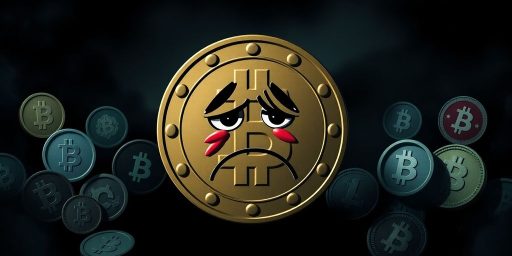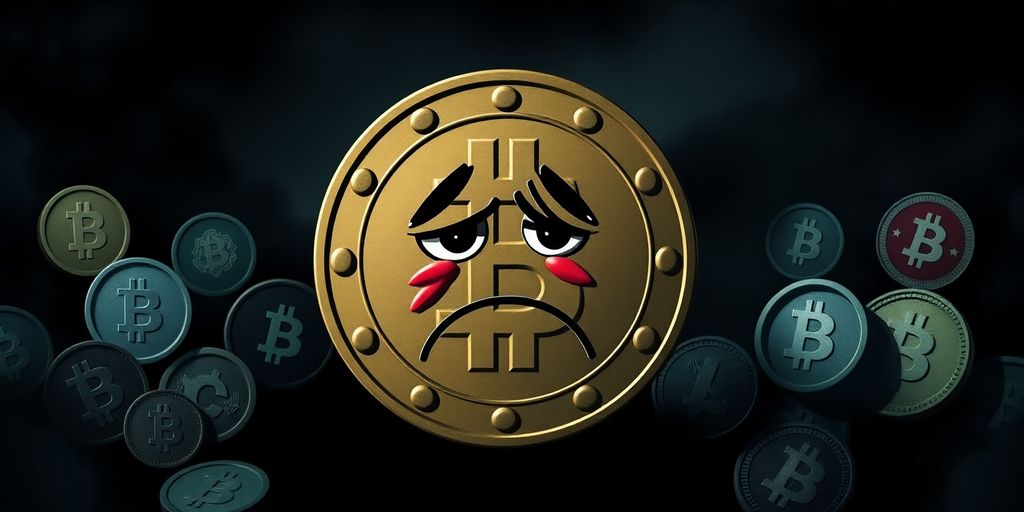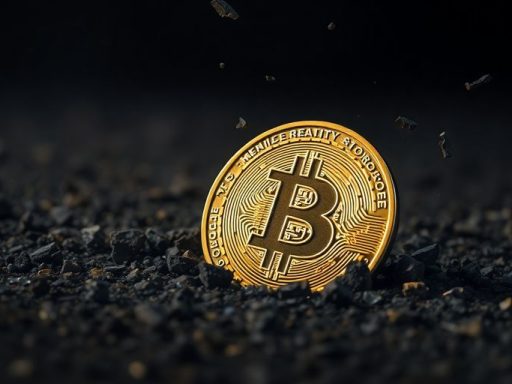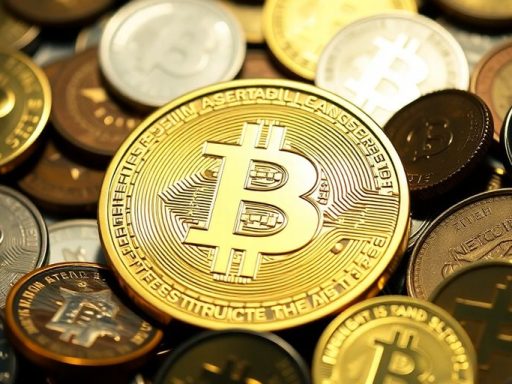In a recent interview on CNBC’s Squawk Box, Gary Gensler, the former Chair of the U.S. Securities and Exchange Commission (SEC), issued a stark warning regarding the future of altcoins and memecoins. He emphasized that these digital assets, which lack solid economic fundamentals, are primarily driven by market sentiment and are at high risk of collapse.
Key Takeaways
- Gensler warns that most altcoins are propped up by sentiment rather than fundamentals.
- He compares Bitcoin to gold, suggesting it has lasting value, unlike the thousands of other tokens.
- The SEC has clarified that memecoins are not classified as securities, easing regulatory burdens.
Gensler’s Concerns About Altcoins
Gensler’s comments reflect a growing concern within the financial community about the sustainability of non-Bitcoin cryptocurrencies. He pointed out that while Bitcoin has a significant global following, the vast majority of altcoins—estimated to be between 10,000 and 15,000—lack the same level of interest and economic backing.
He stated, "If you were interested in [crypto], think about how every financial asset sort of trades on a bit of fundamentals and sentiment, but this field is almost 99% – or maybe one might say 100% – sentiment and very little on fundamentals."
This perspective raises questions about the long-term viability of many altcoins, particularly those that are heavily influenced by market trends and social media hype.
The SEC’s Stance on Memecoins
In a significant development for the crypto industry, the SEC recently clarified its position on memecoins, stating that they do not qualify as securities. This decision allows traders to buy and sell these digital assets without the need for regulatory registration, providing greater freedom in the market.
Key points from the SEC’s announcement include:
- Memecoins are not considered securities: The SEC determined that transactions involving memecoins do not require registration, as they do not involve an investment in a common enterprise.
- Market Speculation Drives Prices: Unlike traditional investments, the value of memecoins is driven by market speculation and collective sentiment rather than the efforts of developers or company executives.
- Limited Legal Protections: While this ruling offers more flexibility for traders, it also means that buyers of memecoins do not have the same legal protections as traditional investors, placing the onus on them to understand the risks involved.
Implications for Crypto Traders
The SEC’s decision to classify memecoins outside of securities regulations is a double-edged sword. On one hand, it allows for more fluid trading and less bureaucratic oversight, which many in the crypto community welcome. On the other hand, it underscores the inherent risks associated with investing in assets that lack fundamental backing.
As Gensler noted, the fascination with a few key cryptocurrencies, like Bitcoin, may not extend to the multitude of lesser-known tokens. He likened the situation to precious metals, where only a few—like gold and silver—hold significant value in the eyes of investors.
Conclusion
Gary Gensler’s warnings about the future of altcoins and memecoins serve as a crucial reminder for investors to exercise caution. As the crypto landscape continues to evolve, understanding the fundamentals behind these digital assets will be essential for navigating the market successfully. With the SEC’s recent clarifications, traders must remain vigilant and informed about the risks associated with their investments in this volatile sector.








